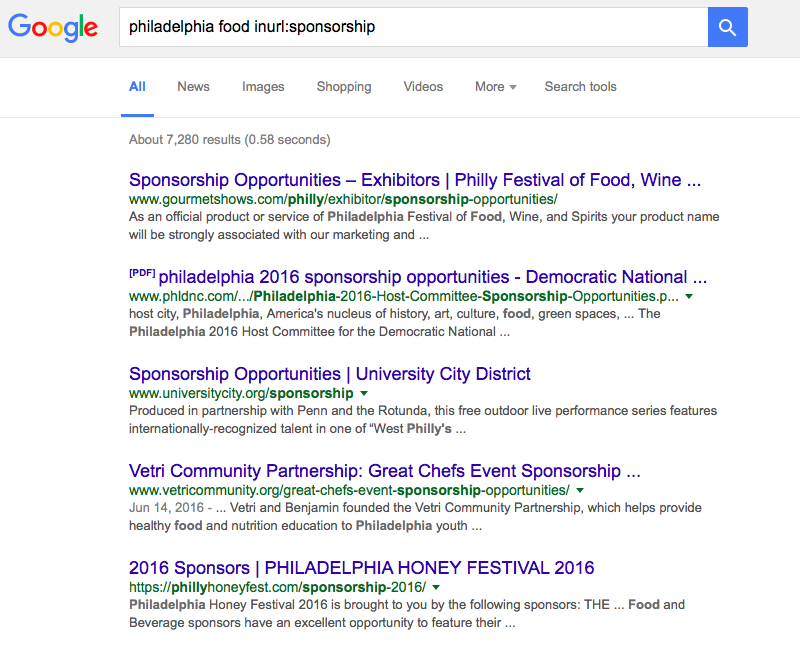A Process for Businesses

As a business entity, there are many benefits to sponsoring a local nonprofit organization. Sponsoring a local nonprofit event helps raise brand awareness, create strong ties to your community, and grow personal relationships with your consumer base. And it doesn’t hurt that you’re doing something to make a difference, either.
But how do you find the right organization or event to sponsor? There’s a lot more to choosing a sponsorship recipient than just googling local nonprofits and clicking the first search result.
Values checklist
No nonprofit is ever going to turn down a well-intentioned donation, but for you to effectively build and support your brand story, you need to clearly define what matters most to your organization.
Ask your key stakeholders the following questions:
What need does our product or service meet?
What major concern does our customer base share?
What can we do as a company to improve our local community?
When these questions are answered, you can use the answers to define your mission and find local nonprofits who support that mission.
For example, Whole Foods meets the need for a high quality food source in urban areas that may not have access to farm fresh food. The major concern their customer base shares is the desire to eat good, healthy food that serves their body well. Whole Foods can improve the communities around their stores by providing resources to educate people on healthy food choices. The Whole Foods mission is clearly centered around creating a diet made of high quality, healthy foods.
Finding local nonprofits to sponsor
Once you have identified your mission, the next step is finding local nonprofits whose missions closely align with yours. You can do this through a (mostly) simple Google search, by putting inurl: or intitle: before your search term.
For example, if you are Whole Foods looking for a sponsorship opportunity in Philadelphia, you search would be Philadelphia food inurl:sponsorship or Philadelphia food intitle:sponsorship.

Determining value
Once you’ve identified a list of potential sponsorships, the next step is to decide which sponsorship(s) hold the most value to your business. What value does your business place on social media impressions, blog mentions, press release mentions, etc.?
By assigning a dollar amount to the potential impressions you’ll get from a sponsorship, you can estimate the ROI you’ll get from that sponsorship.
Let’s say you’re Whole Foods and you’re considering sponsorship of the Great Chefs Event presented by Vetri Community Partnership and Alex’s Lemonade Stand Foundation. You value a website placement at $250, an event attendee impression at $1.
Their Line Cook sponsorship includes five sponsor tickets to the event and afterparty and name recognition the event website, ticketing page, and signage for an investment of $5,000. This gives you $500 value on the website and ticketing page mentions, and with a historical attendance of about 1000 people, your attendee impressions will be worth $1000. You would be getting a $1500 value from your $5000 sponsorship investment, so this is probably not the right sponsorship for you.
You might, on the other hand, consider sponsorship of the Philadelphia Honey Festival. All sponsorships include recognition at each festival site and in all public relations efforts, as well as a link to your website from the Honey Festival website. Sponsorships can be customized to meet your goals, meaning if you can expect $2000 value from event attendee impressions and $250 from website impressions, you can customize your sponsorship investment to ensure that you get good value.
(Whole Foods actually is a sponsor for the Philadelphia Honey Festival, so they must have found the sponsorship valuable.)
Reap the rewards
Having found the right sponsorship for your business, the next step is to move forward and enjoy your new nonprofit partnership. Enjoy the added exposure for your business and additional legitimacy your brand will add to the nonprofit you’ve partnered with.
Best of all, enjoy the great relationship you’ll be building with your local community.
